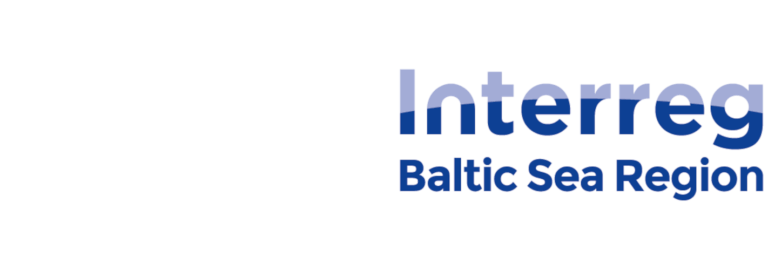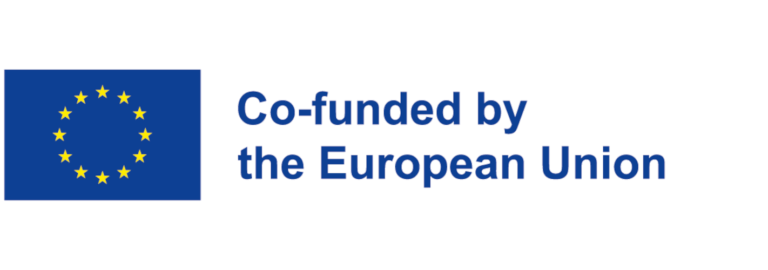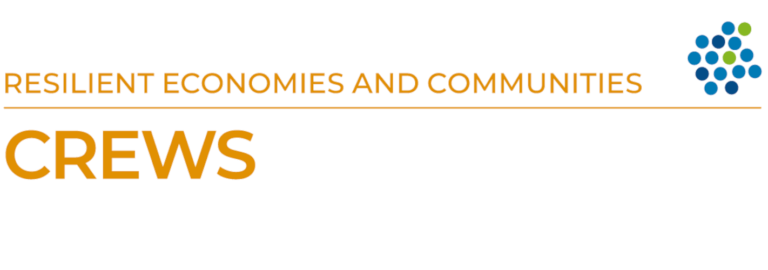
CREWS – Enhancing capacities in disaster risk reduction by facilitating public-civil cooperation
Funders



The project is funded by European Regional Development Fund (ERDF) and Interreg Baltic Sea Region programme. The project is implemented by University of Eastern Finland, Free and Hanseatic City of Hamburg, District office of Altona (Lead Partner), Council of the Baltic Sea States Secretariat (CBSS), Klaipeda University, Estonian Rescue Board, Lithuanian Red Cross Society, State Fire and Rescue Service of Latvia, Jelgava Municipality institution "Jelgava digital centre", City of Warsaw, The Finnish National Rescue Association, Fire and Rescue Department under the Ministry of Interior of the Republic of Lithuania, Hamburg Fire and Rescue Service and Danish Civil Protection League.
Contact persons
The CREWS project addresses the urgent need to enhance disaster risk reduction capacities in the Baltic Sea Region (BSR). It leverages the potential of civil society in disaster scenarios, aiming to empower local communities and bridge the gap between formal and informal actors in disaster management. By fostering transnational cooperation and knowledge exchange, CREWS develops a joint mechanism for the collaboration of public players and civil society actors adaptable to regional needs. The project outputs include a collaboration model and a digital tool facilitating effective coordination between public authorities and civil actors. By doing so, the project enhances resilience, optimises disaster risk reduction capacities, and promotes a whole-of-society approach to crisis management. Aligned with the EU Strategy for the Baltic Sea Region (EUSBSR), CREWS contributes to Policy Area Secure by strengthening capacities for preparedness and response, while fostering a common societal security culture in the BSR, and to PA Innovation.

